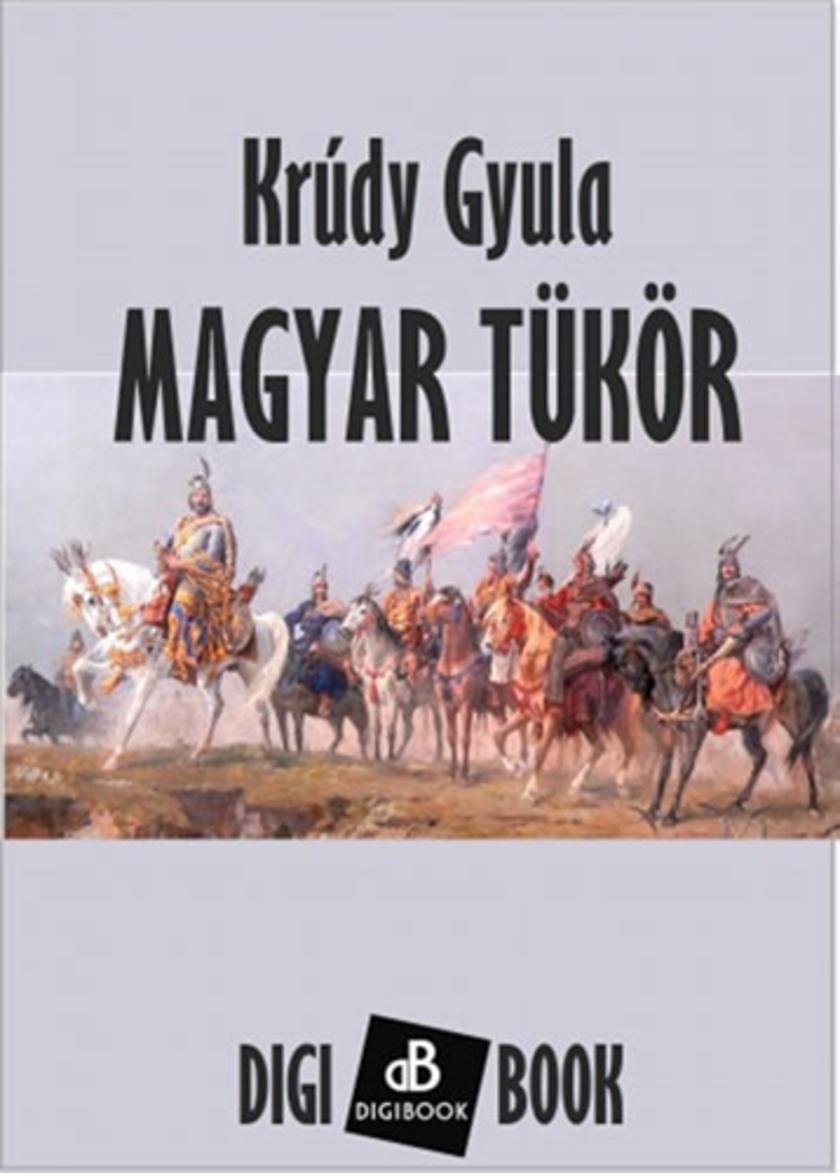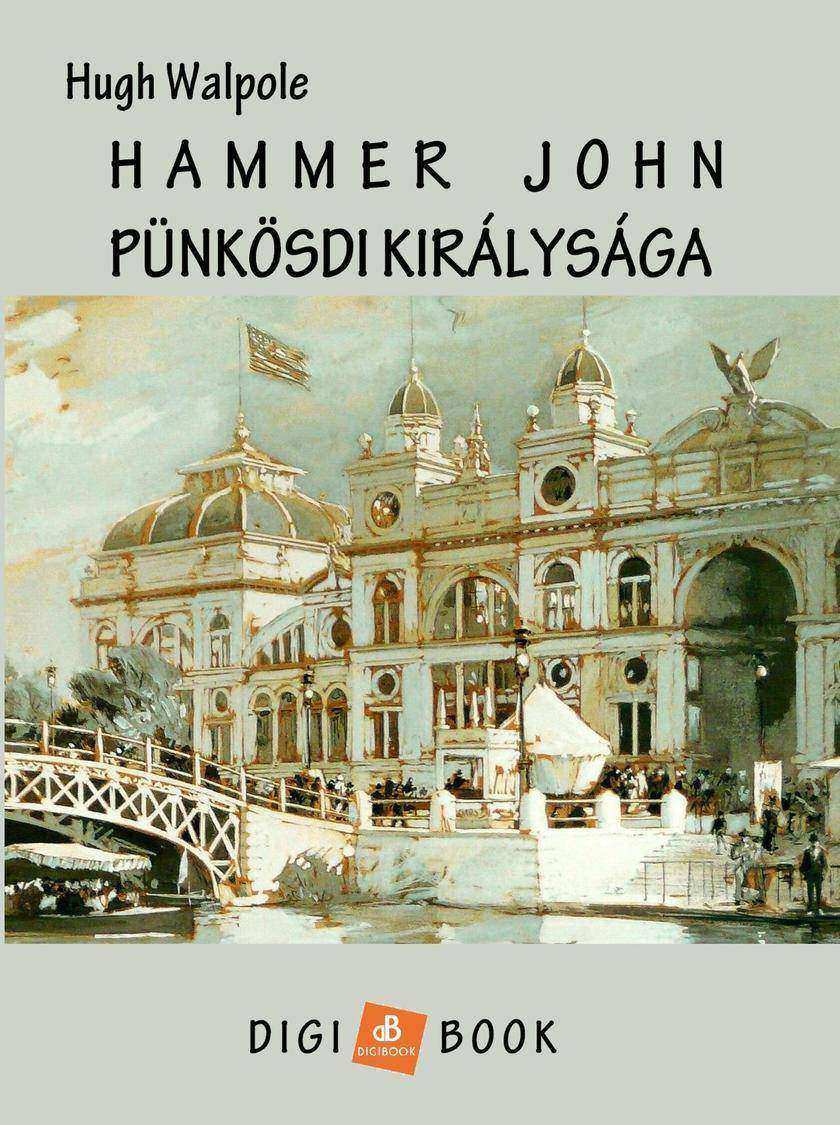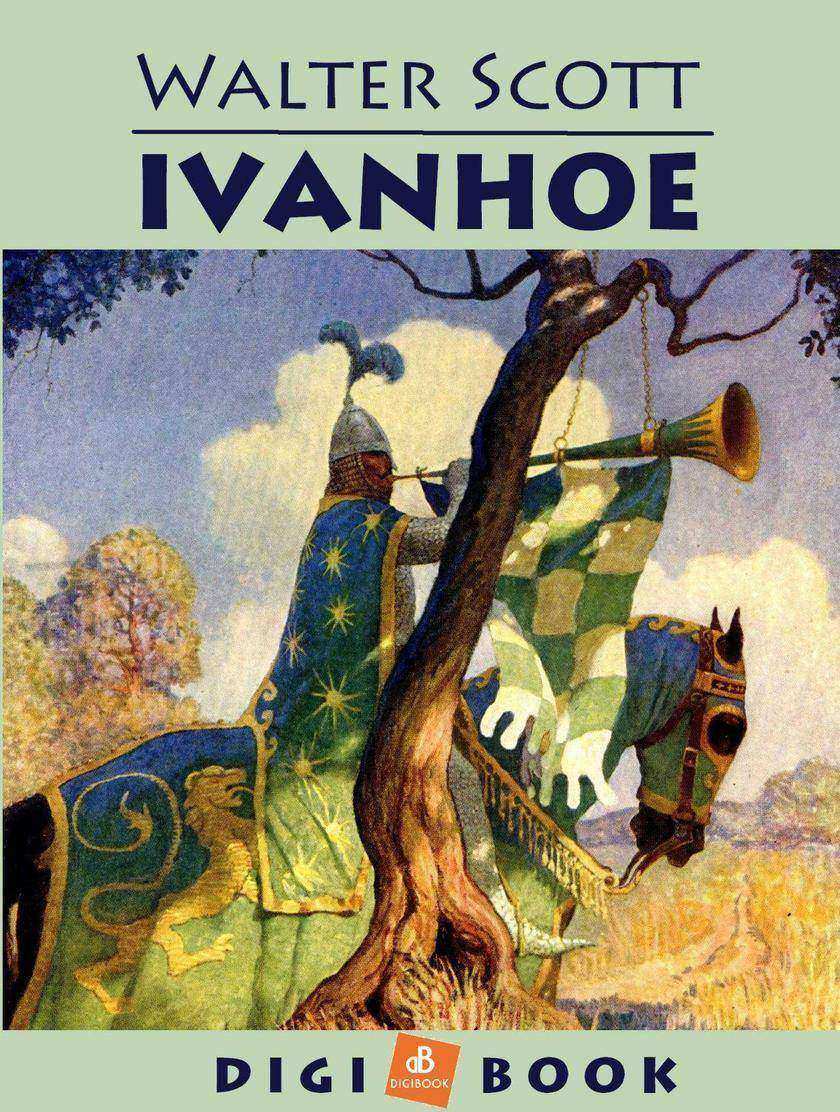
Romana 461. (Becsületbeli ügy)
¥18.74
Romana 461. (Becsületbeli ügy)

Magyar tük?r
¥22.73
Magyar tük?r

A Midsummer Night's Dream
¥8.67
The Divine Comedy describes Dante's journey through Hell (Inferno), Purgatory (Purgatorio), and Paradise (Paradiso), guided first by the Roman poet Virgil and then by Beatrice, the subject of his love and of another of his works, La Vita Nuova. While the vision of Hell, the Inferno, is vivid for modern readers, the theological niceties presented in the other books require a certain amount of patience and knowledge to appreciate. Purgatorio, the most lyrical and human of the three, also has the most poets in it; Paradiso, the most heavily theological, has the most beautiful and ecstatic mystic passages in which Dante tries to describe what he confesses he is unable to convey (e.g., when Dante looks into the face of God: "all'alta fantasia qui mancò possa" — "at this high moment, ability failed my capacity to describe," Paradiso, XXXIII, 142). "IN the midway of this our mortal life, I found me in a gloomy wood, astray Gone from the path direct: and e'en to tell It were no easy task, how savage wild That forest, how robust and rough its growth, Which to remember only, my dismay Renews, in bitterness not far from death.." (Dante) IN the midway of this our mortal life,I found me in a gloomy wood, astrayGone from the path direct: and e'en to tellIt were no easy task, how savage wildThat forest, how robust and rough its growth,Which to remember only, my dismayRenews, in bitterness not far from death.Yet to discourse of what there good befell,All else will I relate discover'd there.How first I enter'd it I scarce can say,Such sleepy dullness in that instant weigh'dMy senses down, when the true path I left,But when a mountain's foot I reach'd, where clos'dThe valley, that had pierc'd my heart with dread,I look'd aloft, and saw his shoulders broadAlready vested with that planet's beam,Who leads all wanderers safe through every way. Then was a little respite to the fear,That in my heart's recesses deep had lain,All of that night, so pitifully pass'd:And as a man, with difficult short breath,Forespent with toiling, 'scap'd from sea to shore,Turns to the perilous wide waste, and standsAt gaze; e'en so my spirit, that yet fail'dStruggling with terror, turn'd to view the straits,That none hath pass'd and liv'd. My weary frameAfter short pause recomforted, againI journey'd on over that lonely steep,The hinder foot still firmer. Scarce the ascentBegan, when, lo! a panther, nimble, light,And cover'd with a speckled skin, appear'd,Nor, when it saw me, vanish'd, rather stroveTo check my onward going; that ofttimesWith purpose to retrace my steps I turn'd. ? ?About Dante: ? Durante degli Alighieri, simply referred to as Dante (1265–1321), was a major Italian poet of the Middle Ages. His Divine Comedy, originally called La Comedia and later called Divina by Boccaccio, is widely considered the greatest literary work composed in the Italian language and a masterpiece of world literature. In Italy he is known as il Sommo Poeta ("the Supreme Poet") or just il Poeta. He, Petrarch and Boccaccio are also known as "the three fountains" or "the three crowns". Dante is also called the "Father of the Italian language".

Júlia 546. (Hallgass a szívedre, Maggie!)
¥18.56
Júlia 546. (Hallgass a szívedre, Maggie!)

Szívhang kül?nszám 41. k?tet
¥42.92
Szívhang kül?nszám 41. k?tet

Júlia 544. (Bosszú és szerelem)
¥18.56
Júlia 544. (Bosszú és szerelem)

Júlia 541. (Alkotó-társak)
¥18.56
Júlia 541. (Alkotó-társak)

Romana 449. (Az igazi karrier)
¥18.74
Romana 449. (Az igazi karrier)

Tiffany 246. (Határsáv)
¥18.74
Tiffany 246. (Határsáv)

Harmer John pünk?sdi királysága
¥28.53
Harmer John pünk?sdi királysága

Tiffany 244. (Emeljük a tétet!)
¥18.74
Tiffany 244. (Emeljük a tétet!)

Romana 444. (Betelt a pohár!)
¥18.74
Romana 444. (Betelt a pohár!)

?lom
¥17.00
lom

Tiffany 243. (Megszólal a riasztó)
¥18.74
Tiffany 243. (Megszólal a riasztó)

A hajnali vendég
¥20.11
A hajnali vendég

Izlandi halászok
¥25.91
Izlandi halászok

Ivanhoe
¥20.11
Ivanhoe

Romana 434. (Kalitkába zárva)
¥18.74
Romana 434. (Kalitkába zárva)

Júlia 439. (Levendulamez?k)
¥18.74
Júlia 439. (Levendulamez?k)

Udvari t?rténet
¥14.31
Udvari t?rténet

Mandragóra
¥25.91
Mandragóra




 购物车
购物车 个人中心
个人中心



